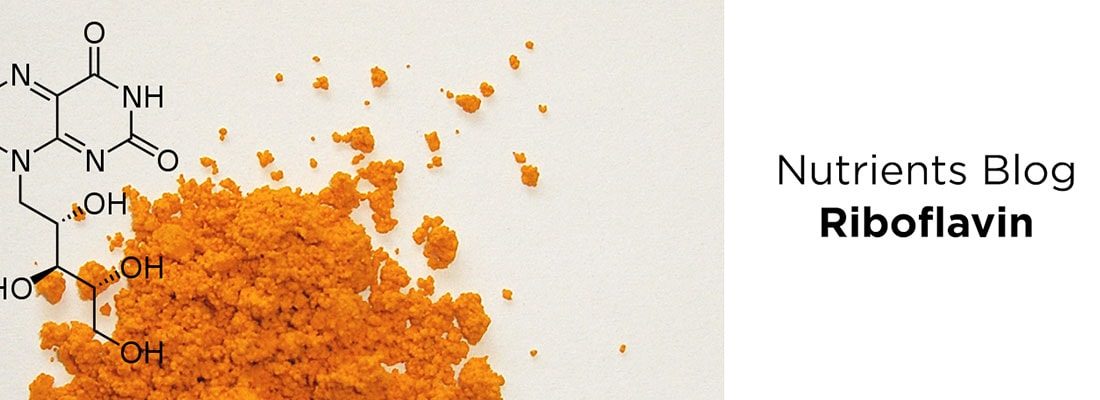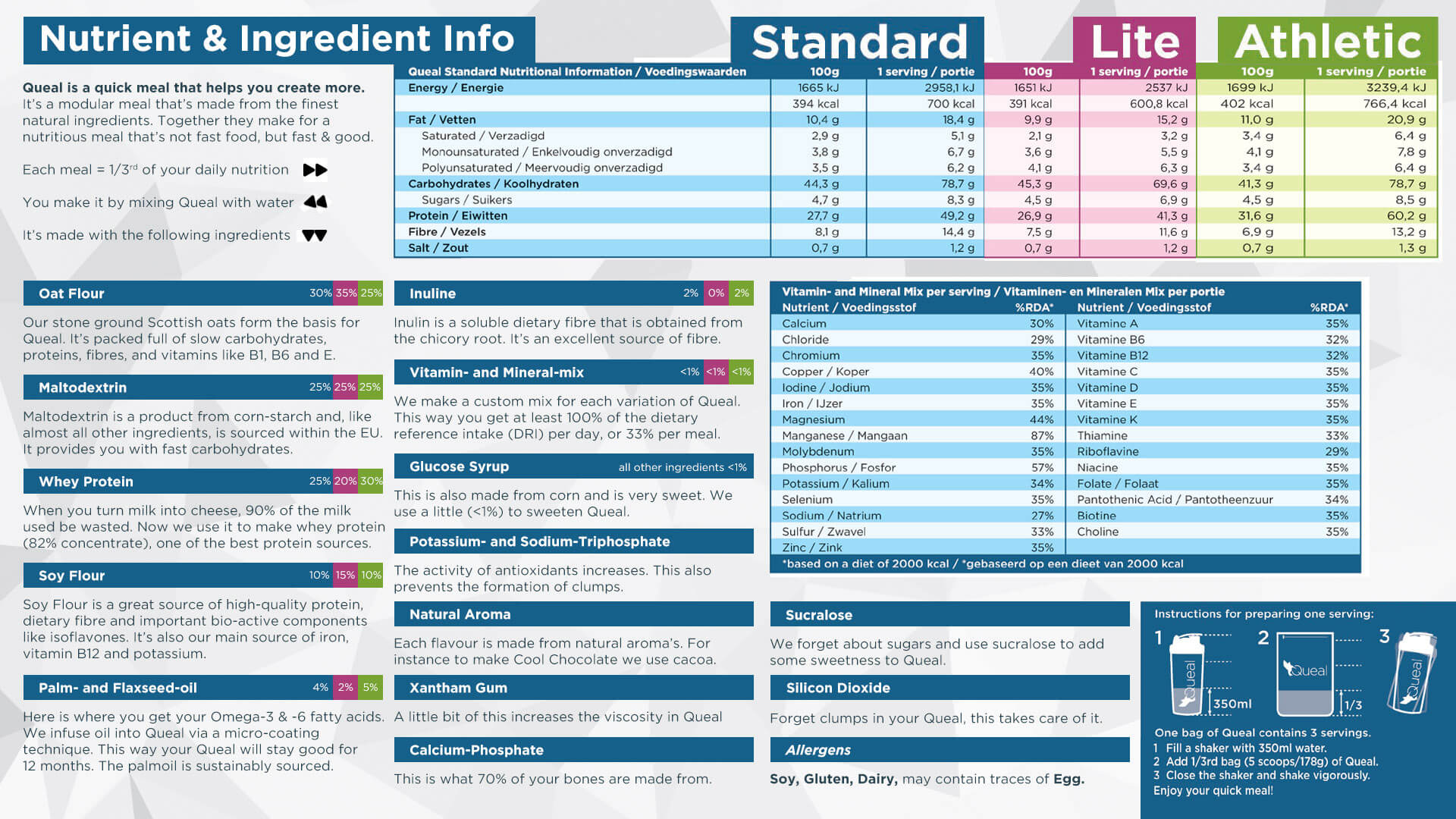
Riboflavin – The Yellow Vitamin
Riboflavin, or formally Vitamin G
Riboflavin is also known as Vitamin B2, Vitamin G, or Lactoflavin. The name Riboflavin comes from “ribose” (the sugar where it’s structure comes from) and “flavin” (which is a ‘ring-moiety’ which actually is yellow coloured). If you see a vitamin supplement that has a yellow colour, Riboflavin is most probably the cause!
We mostly ingest it through milk and other dairy products, though it does also appear in meat, vegetables, fruits, and grain products. Watch out with your cereals, the milling process could lead to a 60% loss of Riboflavin. In some countries (like the US) they add it back into cereal.
This amazing vitamin is also one of the reasons that your milk comes in cartons and isn’t see through. Light negatively impacts Riboflavin and therefore these products need to stay out of sunlight. And if your milk has been exposed to light, you can even taste the difference.
Riboflavin is also present in baby foods, pasta, and many supplements.
Extracting Energy from Protein, Carbs, and Fats.
Riboflavin is invaluable for the energy processes in your body. The metabolism uses riboflavin as a coenzyme to extract the energy from protein, carbs, and fats. There are about a dozen different ways in which Riboflavin extracts energy. The two words you are looking for when going deeper into this are FAD (flavin adenine dinucleotide) and FMN (flavin mononucleotide).
It has also proven important for your nervous system, as well as the preservation of healthy skin tissue. And hey, who doesn’t want that!
Lethargy setting in…
In many third world countries, a large proportion (50%+) can have a deficiency in Riboflavin. In the US and most of Europe, you will expect almost no-one to have a deficiency (under 8%).
A lack of riboflavin can result in lethargy and skin issues, especially around the mouth- and nose area. Your eyes can also become itchy and sensitive to light. Prevent a deficiency by eating a balanced diet and when fasting make sure to get some supplemental vitamins in.
An overabundance of riboflavin is not dangerous, as the excess is easily expelled by the body through the urine.
The recommended daily intake amount for riboflavin is about 1.4mg.
Queal holds 1,4mg of riboflavin, an RDA of 100%.


No Comments